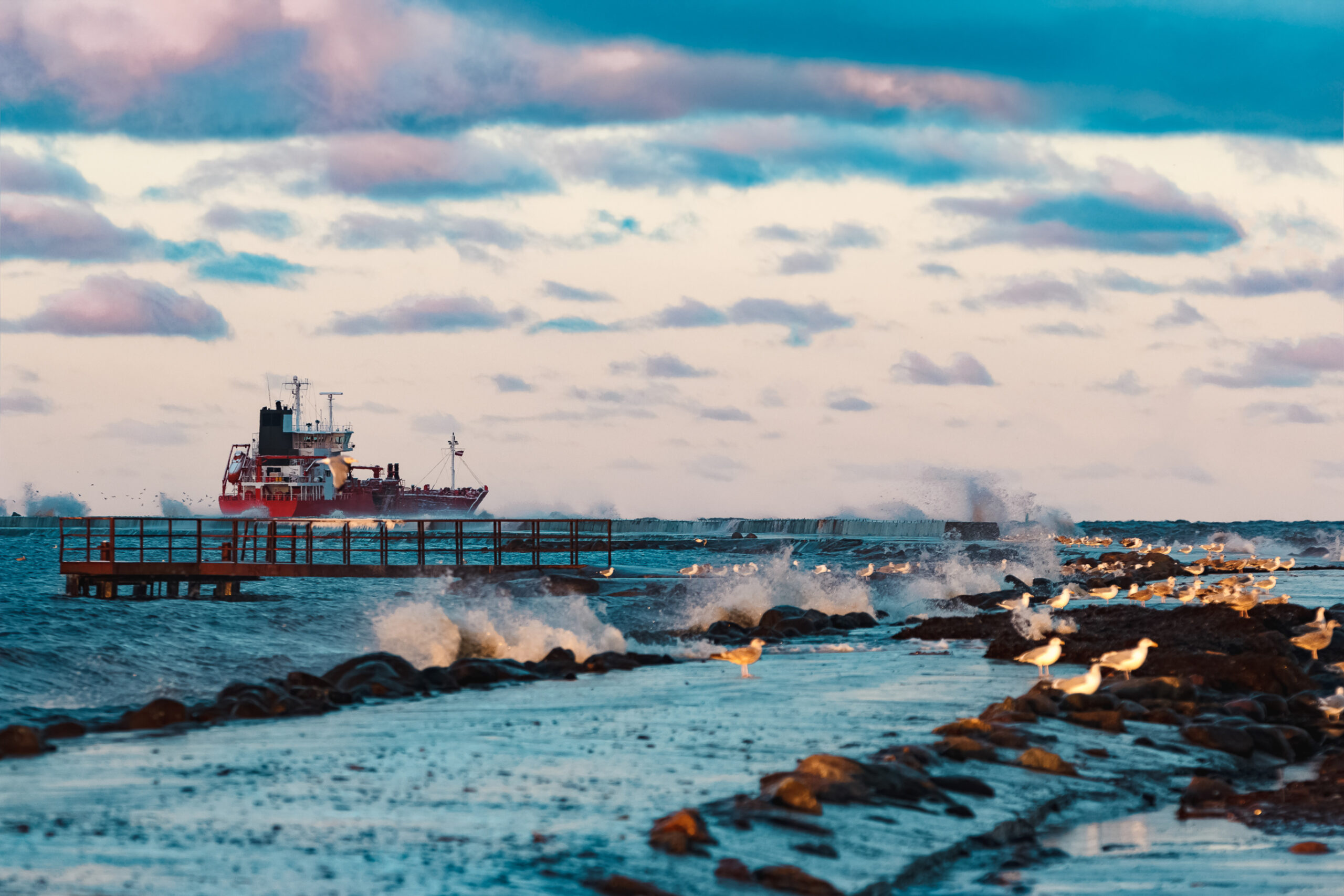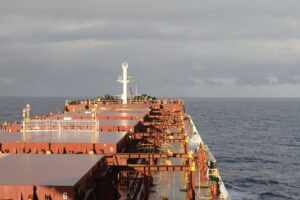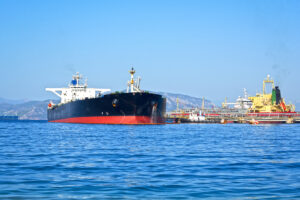Denmark is developing measures to curb oil transport by Russia’s shadow fleet through the Baltic Sea. The Nordic country is negotiating with a group of allied countries possible measures to step in against Russia’s “shadow fleet” of oil tankers, Danish Foreign Minister Lars Lokke Rasmussen told Reuters in an emailed statement.
The minister didn’t reveal what specific measures or countries involved in the discussions but said that Denmark leads talks with other Baltic Sea states and European Union members regarding Russian oil shipments.
“There is broad consensus that the shadow fleet is an international problem and that international solutions are required,” Lokke Rasmussen said.
Russia’s ambassador to Denmark, Vladimir Barbin, told Reuters that is wrong to put restrictions though the straits.
“The threat to the safety of navigation and the marine environment in the Baltic Sea are not the tankers with Russian oil, but the sanctions imposed by the West against Russia,” Barbin said.
The unimpeded passage of ships through Danish waters was guaranteed by the Copenhagen Treaty of 1857, which remains valid and legally binding, the ambassador said.
According to insurance company Allianz Commercial, in the three years since Russia invaded Ukraine the gradual tightening of international sanctions on Russian oil and gas exports has contributed to the growth of a sizeable ‘shadow fleet’ of tankers, somewhere between 600 to 1,400 vessels.
Much of the shadow fleet is likely poorly maintained and may not have undergone appropriate inspections. Shadow tankers also participate in the dangerous practice of ship-to-ship transfers in the open ocean, as well as turning off AIS transponders to obscure their identity.
Such vessels have been involved in at least 50 incidents to date, including fires, engine failures, collisions, loss of steerage, and oil spills, according to Allianz report.



